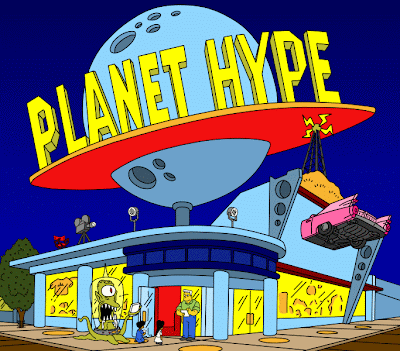.

Took the dog for a walk at the beach with a friend yesterday.
He (the friend, not the dog) was keen to take issue with some of my recent blog musings.
"How can you say real estate is not going to do well. People are jumping into the market and the BC economy is getting better, isn't it?"Uhh... no, it isn't.
Many of British Columbia's lumber mills sit idle. Coal exports are down 40%. The price of natural gas, one of our key commodities, has collapsed and the tourism industy this summer is going to suck wind, big time.
More importantly the industry that had helped fuel the province's economic growth the past 10 years - residential home and condominium construction - is suffering the
"nastiest" downturn among the provinces according to a recent report.
Canada Mortgage and Housing Corp. released data this week that showed B.C. has had
"arguably the nastiest residential construction recession this cycle" in the country.
But what about the 'Olympic bounce'?
We've already had that, at least in the construction industry. Any added construction oomph from the coming Vancouver 2010 Winter Olympics is gone. Most major projects are nearing completion or have been completed.
So what's the near-term outlook for the construction industry?
Peter Simpson, chief executive officer of the Greater Vancouver Home Builders Association says,
"housing starts are abysmal. Builders are hesitant to put shovels in the ground when there's inventory that hasn't sold."And with interest rates on their way back up, that inventory isn't going to be moved out quickly, creating a further drag on the real estate market.
"We're in a full-scale recession in B.C.," said Jock Finlayson, executive vice-president of the Business Council of British Columbia.
"Getting out of it is going to depend on when the global economy, and the U.S. economy, bottom out, and how things look after that."Hmmm... there's that nasty tie-in to the global economy again. So what's happening out there?
Oil is way up, closing over $71 US a barrel yesterday, the price having shot up over 100% over the last three months. This has sent the Canadian dollar up over 90 cents US and on it's way to par - a development that will kill exports and manufacturing jobs.
Meanwhile, in the US, the economy is about to be broadsided by another huge wave of defaults from Alt-A, Option ARM and commercial real estate mortgage resets (
see latest article here). Estimates peg coming residential foreclosures at $1.5 trillion.
As for the global economy, it appears Europe is about to be rocked by banking issues (
IMF tells Europe to come clean on bank losses). Seems that, contrary to popular belief, the German banking system was just as irresponsible as the American banking system. Turns out the German state-owned banks, who's boards of directors are filled with the politically well connected, had been a dumping ground for US toxic waste - evidently the
'benefactor' of German trade surpluses.
And Germany wasn't alone in the mad dash to lend to foreigners. Austria is up to its eyeballs in loans made to Eastern Europe. Sweden had done the same in the Baltic States. Spain pumped money in to cajas that were used to finance a property boom fueled by foreign investors. Ireland had engaged in an Florida style construction boom as well. This is only a brief summary.
Now the jig is up. Spain, Ireland and the Baltic states have collapsed into depression. Their debts will never be paid. Eastern European currencies have tumbled, massively increasing their debt burden. They either hyperinflate or default. All of these loans, in addition to the tens of billions of US toxic waste remain on the balance sheets of European banks. And for the most part they are still valued at 100 cents on the dollar.
The message here: Europe's financial crisis is just getting started.
Then there is China, the supposed economic darling who will pull the planet out of recession. Today's China Daily News reports that China's exports and imports shrank for the seventh month in a row in May as the economic downturn continued to dampen global trade (
see article here). I have a question for you. Who, exactly, is China going to be selling goods to so that their economy can keep growing?
So much for global recovery.
Far from getting better, we have BC entering a
"full-scale recession" with recovery dependent on US and global conditions improving. That will be compounded with rising loan costs, big energy price hikes, reduced consumer spending, more pain for the Canadian manufacturing sector, a US economy that is going to remain stagnant (if not get worse), evidence that Europe is in for some serious pain and no one with money to buy China's goods so that China can, in turn, buy Canada's commodities.
No, my friend... the outlook for BC real estate values remains gloomy. I'd be willing to bet that within a year the prime rate will be double what it is today and Vancouver will have re-taken the lead from Miami in that plunging real estate graph I posted on Monday.
The sun is setting fast on the real estate boom times.
Even my dog can see that.
==================
Email:
village_whisperer@live.caClick 'comments' below to contribute to this post.






































